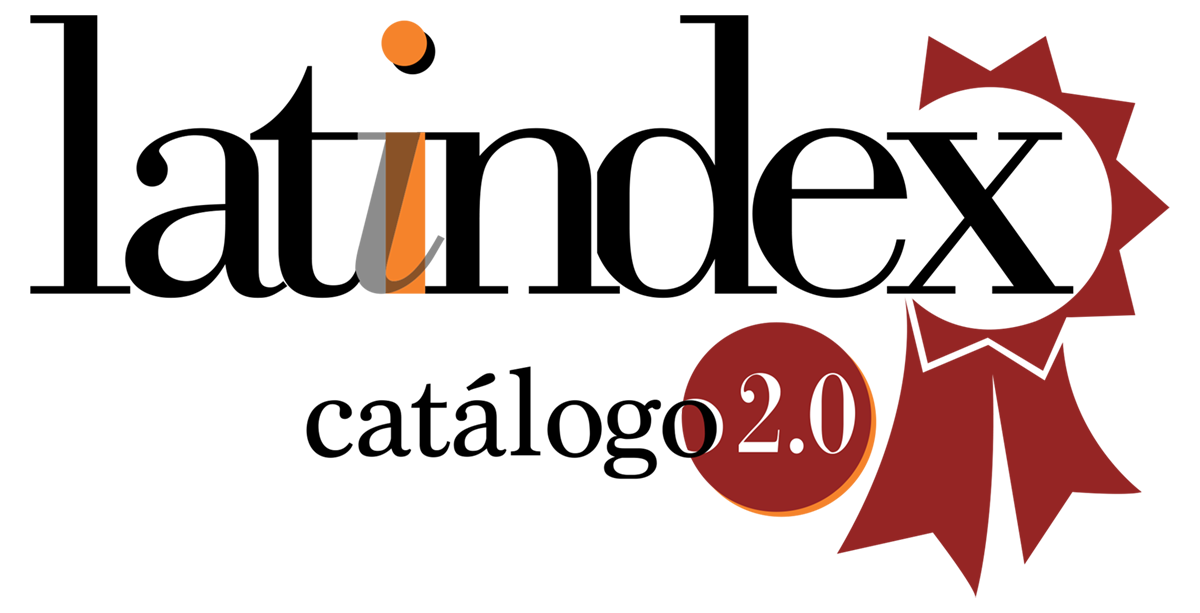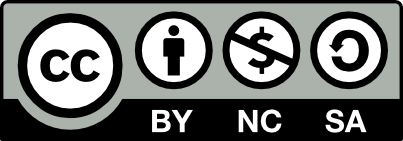Impact of the advance of artificial intelligence on occupational and vocational choice
DOI:
https://doi.org/10.24215/18518893e071Keywords:
artificial intelligence, ocupational and vocational guidance, adolescents, election, new contextsAbstract
A case study is presented. Its general objective was to explore whether the advance of artificial intelligence (AI) conditions the choice of a career path in adolescents about to complete their high school studies in a private educational institution in the city of Buenos Aires. We investigated whether the expansion of AI is perceived as an obstacle or a facilitator for professional development and whether, after learning about it, the respondents modified their previous choice. The results obtained show that 99 % of the respondents are aware of AI and believe it to be quite and very useful in 66 % of the cases. When asked if they consider that AI could replace some type of work in which the participant is interested, the data obtained show an affirmative answer in 45 % of the cases, 33 % believe that it will not replace it and the rest do not know yet. A total of 57.3 % of the respondents expressed that the advance of AI influences their vocational choice. The results obtained call for reflection on the role of the guidance counsellor and the need for professional updating in a context of permanent change.
Downloads
References
Alcázar, C. (2019). Alfabetización digital, pensamiento computacional y programación literaria. En L. Brossi Garavaglia, T. Dodds Rojas y E. Passeron (Eds.), Inteligencia artificial y bienestar de las juventudes en América Latina (pp. 127-135). LOM Ediciones.
Atlas.ti Scientific Software Developer GmbH. (2011). Atlas.ti (8.0) [software]. https://atlasti.com/
Ayala Montenegro, L. E., Buitrago Celis, S., García Ordosgoitia, S. M. y Salavarrieta Cordón, A. E. (2023). La inteligencia artificial y el mundo de la traducción: caso de estudio de las percepciones [trabajo de finalización de grado, Universidad Ean]. http://hdl.handle.net/10882/12736
Bilinkis, S. (2019). Guía para sobrevivir al presente. Sudamericana.
Brossi Garavaglia, L., Dodds Rojas, T. y Passeron, E. (2019). Introducción. En L. Brossi Garavaglia, T. Dodds y E. Passeron (Eds.), Inteligencia artificial y bienestar de las juventudes en América Latina (pp.15-17). LOM Ediciones.
Caparrós Galán, G. y Sendra Portero, F. (2022). Percepciones de estudiantes de Medicina sobre el impacto de la inteligencia artificial en radiología. Radiología, 64(6), 516-524. https://doi.org/10.1016/j.rx.2021.03.006
Escolano Ruiz, F., Cazorla Quevedo, M. Á., Alfonso Galipienso, M. I., Colomina Pardo, O. y Lozano Ortega, M. Á. (2003). Inteligencia artificial: modelos, técnicas y áreas de aplicación. Ediciones Paraninfo.
Fajardo de Andara, C. (2021). Marvin Lee Minsky: pionero en la investigación de la inteligencia artificial (1927-2016). Publicaciones en Ciencias y Tecnología, 15(1), 41-50. https://doi.org/10.13140/RG.2.2.11209.06241
Frey, C. B. y Osborne, M. A. (2017). The future of employment: How susceptible are jobs to computerisation? Technological Forecasting and Social Change, 114, 254-280. https://doi.org/10.1016/j.techfore.2016.08.019
Hernández Sampieri, R., Fernández Collado, C. y Baptista Lucio, P. (2014). Metodología de la investigación. (6ª ed.). McGraw-Hill. (Trabajo original publicado en 1991)
IBM. (2019). SPSS Statistics (26.0.0) [software]. https://www.ibm.com/
Morantes Torres, A. G. (2023). El fenómeno global de las redes sociales y la inteligencia atificial, su influencia e impacto en la proyección profesional de los jóvenes. Universidad Militar Nueva Granada. http://hdl.handle.net/10654/44957
Najmanovich, D. (2001). Pensar la subjetividad. Complejidad, vínculos y emergencias. Utopía y Praxis Latinoamericana, 6(14), 106-111.
Pardiñas Remeseiro, S. (2020). Inteligencia artificial: un estudio de su impacto en la sociedad [trabajo de fin de grado, Universidade Da Coruna]. http://hdl.handle.net/2183/28479
Rascovan, S. (2005/2014). Orientación vocacional: una perspectiva crítica. Paidós.
Sánchez Quiñones, L. (2019). Presentación de la temática. En L. Brossi, T. Dodds y E. Passeron (Eds.), Inteligencia artificial y bienestar de las juventudes en América Latina (pp. 21-23). LOM Ediciones.
Savickas, M. L., Nota, L., Rossier, J., Dauwalder, J.-P., Duarte, M. E., Guichard, J., Soresi, S., Van Esbroeck, R. y Van Vianen, A. E. M. (2009). Life designing: A paradigm for career construction in the 21st century. Journal of Vocational Behavior, 75(3), 239-250. https://doi.org/10.1016/j.jvb.2009.04.004
Downloads
Published
How to Cite
Issue
Section
License
Copyright (c) 2024 Florencia Andrea Ugolini, Zulma Gabriela Gastaldo, Mariel Franco

This work is licensed under a Creative Commons Attribution-NonCommercial-ShareAlike 4.0 International License.
























